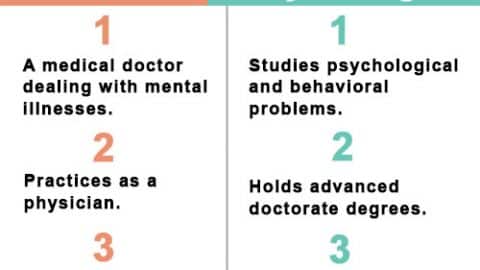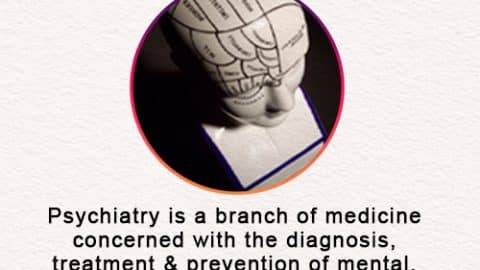High-functioning depression is a phenomenon that often lingers in the shadows, concealed by achievements, and depression in the workplace is one example of it. It’s a term that isn’t recognized as a clinical diagnosis but serves as a descriptor for a specific manifestation of depression characterized by particular symptoms.
Individuals with high-functioning depression can excel in their careers, maintain relationships, and fulfill their obligations, making it less apparent to the outside world.
In this article, we delve into the intricacies of high-functioning depression, its impact on individuals’ lives, and expert insights on how to navigate it while pursuing success.
High-functioning depression is a condition that often goes unnoticed precisely because it affects people who outwardly appear successful and accomplished.
According to Talkspace, an online therapy platform, this term isn’t officially recognized in clinical diagnoses but serves as a useful way to describe a form of depression with distinct characteristics.
It’s vital to understand that while individuals with high-functioning depression may seem to have their lives together, they grapple with profound internal struggles.
For many individuals with high-functioning depression, their ability to maintain their careers and relationships is both a blessing and a curse.
On one hand, it allows them to fulfill their responsibilities and commitments, but on the other, it can keep their emotional struggles hidden behind closed doors.
Dr. Judith Joseph, a board-certified psychiatrist and Chairwoman of the Women in Medicine Board at Columbia University notes that these individuals are often highly driven and determined to achieve their goals, making it challenging for them to acknowledge and address their depression.
Understanding High-Functioning Depression:
High-functioning depression isn’t a one-size-fits-all condition. It can manifest differently in each individual, but common symptoms often include persistent feelings of sadness, hopelessness, and low energy. What sets it apart is the ability of those affected to continue functioning in their daily lives despite these inner battles. Maintaining a facade of success while battling depression can be an exhausting and isolating experience.
Expert Insights On Coping with High-Functioning Depression in the Workplace:
Mental health experts emphasize the importance of acknowledging and addressing high-functioning depression, especially in the workplace where many individuals spend a significant portion of their lives.
Here are some expert insights on how to cope with high-functioning depression while pursuing a successful career:
- Seek Professional Help: Dr. Judith Joseph highlights the significance of therapy in reaching personal and professional goals. A therapist can provide guidance on managing depression, setting realistic expectations, and finding balance.
- Normalize Mental Health Conversations: Encourage open conversations about mental health in the workplace. Reducing the stigma surrounding mental health challenges can create a more supportive and understanding environment.
- Set Realistic Goals: Recognize that it’s okay to reassess and adjust your goals when dealing with high-functioning depression. Avoid the pressure of perfectionism and prioritize self-care.
- Establish Boundaries: Create clear boundaries between work and personal life to prevent burnout. Prioritize self-care practices such as exercise, meditation, and spending time with loved ones.
- Leverage Support Networks: Lean on friends, family, or support groups to share your experiences and receive emotional support. You don’t have to navigate high-functioning depression alone.
- Regular Self-Check-Ins: Make it a habit to check in with yourself regularly. Pay attention to your emotional well-being and seek help if you notice any concerning changes.
High-functioning depression is a complex and often hidden condition that affects individuals who excel in their careers and personal lives.
Recognizing the silent struggles faced by those with high-functioning depression is the first step toward providing support and understanding.
Seeking professional help, fostering open conversations about mental health, and prioritizing self-care are essential strategies for managing this condition while pursuing success.
By breaking down the stigma and addressing high-functioning depression head-on, individuals can achieve both personal and professional growth while maintaining their emotional well-being.




















